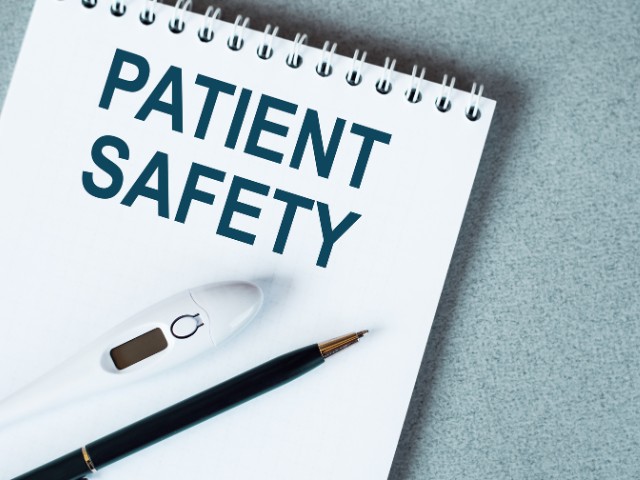The State of Travel Nursing
A Persistent Market Research report released earlier this year projects the per diem nurse staffing market, of which travel nurses can be included in, will have a valuation of more than $15 billion by 2032.
“The increasing acceptance of gig economy models in the healthcare sector is likely to further propel market growth, making per diem staffing a key component of the future healthcare workforce,” the report stated.
However, a 2024 study in the Journal of Nursing Regulation noted that travel nurses experience “elevated work stress” compared to their full-time counterparts.
“Healthcare regulators, travel nurse agencies, and nursing employers should be aware of the unique demographics and practice characteristics of travel nurses to develop more effective retention strategies to maintain a healthy and stable nursing workforce,” the authors stated.
Writing for the University of Virginia’s magazine, Chloe Michaelis, MSN, APRN, AGACNP-BC, PCCN, said that travel nurses need “constant guidance” related to a hospital’s unique procedures and location of equipment.
“While many of my traveler colleagues are highly skilled and competent, there is no way they can arrive up-to-speed on our hospital’s distinct workflows, documentation processes, and the infinite details particular to our patient care,” she wrote. “Working like this is draining, inefficient, and ultimately reduces the time each nurse can spend with patients, thereby increasing the likelihood of errors.”









